Gardening, both professionally and at home, has often relied on chemical herbicides for weed management.
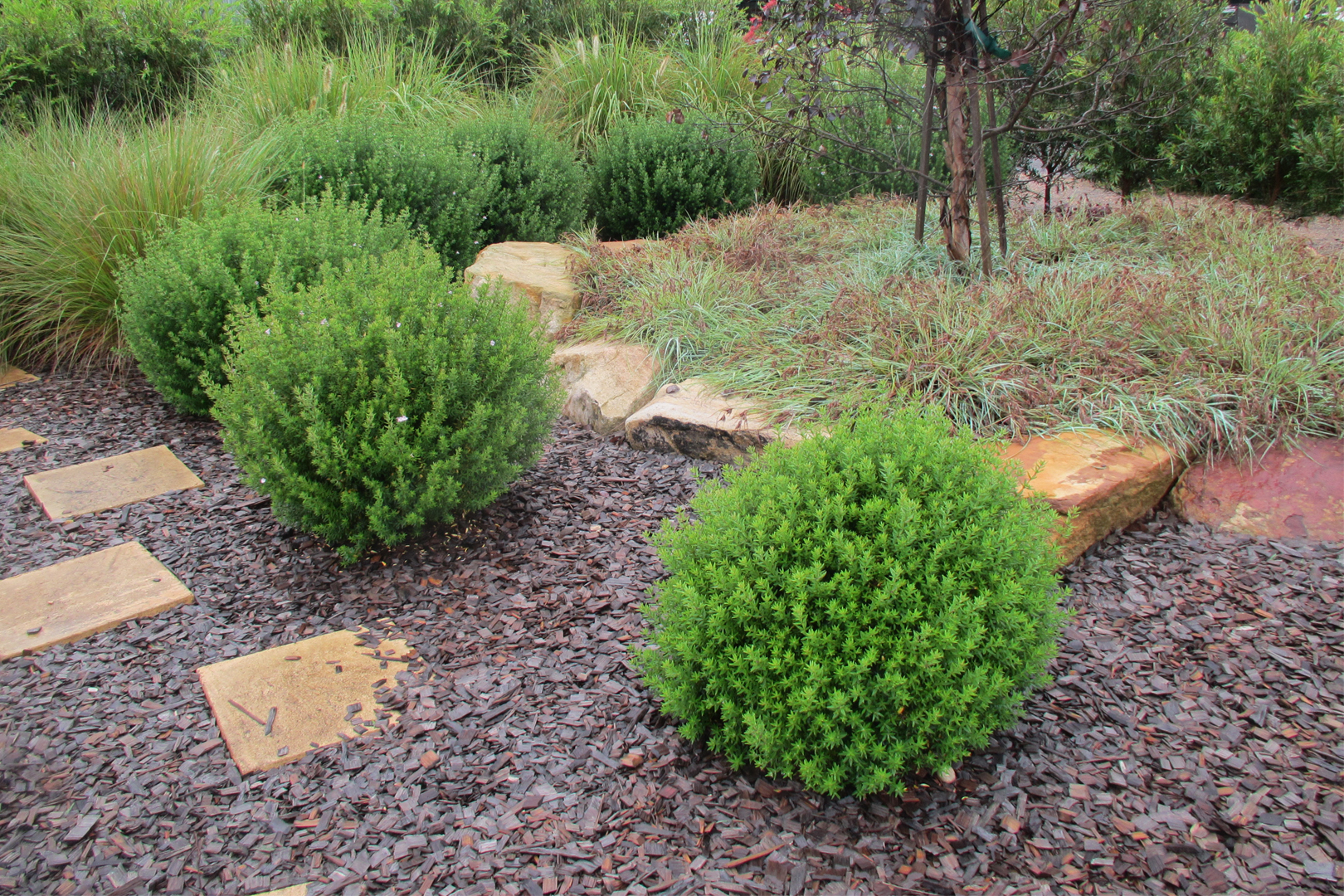
How to Mulch Your Garden
Many people think there is not much to know about mulching, but there are many important factors to mulching your garden correctly. Choosing the wrong mulch could end is despair with introduced diseases, rotting plants and weeds taking over your garden. Read on to find out how to avoid this fate.
Choosing the Right Mulch
Firstly, you have to choose the right mulch. What kinds of mulch you need depends on what you need it for.
If you want something that will break down and add nutrients to the soil, like in a vegie garden, straw type mulches are the best for you. This could be pea straw, sugarcane, or lucerne. You can also achieve this with fine grade wood mulch as the smaller pieces will also break down quickly.
If you want a low maintenance garden and stopping weeds is your priority, you are better off going for a chunky mulch with no or very few fine particles. This inhibits weed seed germination and breaks down very slowly so does not need to be replaced often. Optimum chunky mulch has pieces no smaller than 10mm and no larger than 25mm, with zero fine particles. This could be hardwood chip, chunky pine bark or a recycled product such as pine bark nuggets.
Spread it Thick
If your main aim is to enhance the soil, like in a vegie garden, then a 50 mm layer is about the right depth recommended. If your vegies are young seedlings, this may be too thick and you can opt for 30mm and top it off later when your vegies are more mature.
If weed suppression is what you are after, then 60mm to 75mm is best as the thick layer stops weeds for longer.

Consider Drainage
Drainage is also important, the chunky mulches drain better, whilst the finer or straw ones hold moisture in the top layer around the crown better. For many Australian natives such as Banksia and Grevillea, as well as some exotic plants like some succulents this is not good, as they prefer good drainage.
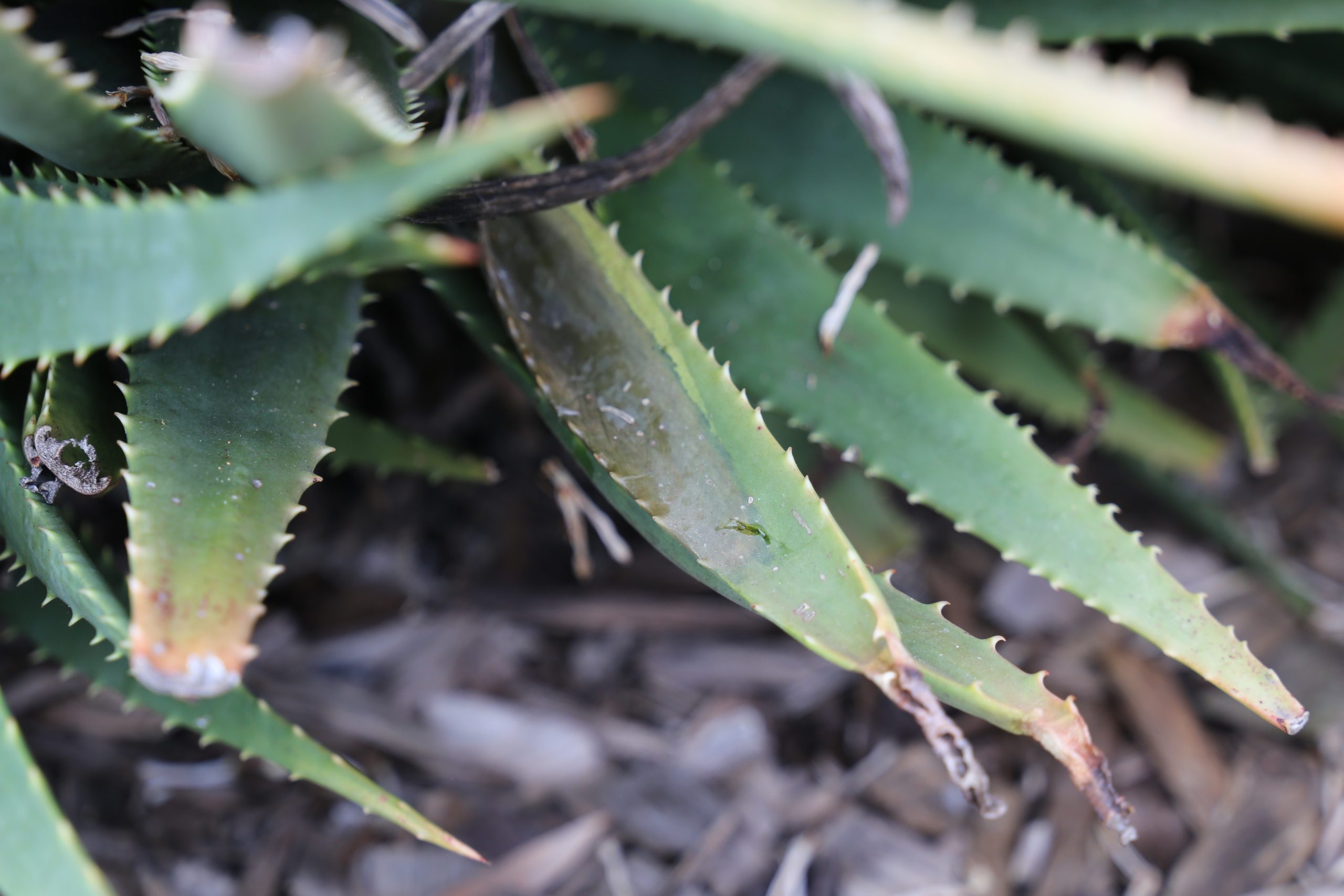
If moisture near the surface is required, sometimes fine grade mulch can keep moisture better in the shallow depths. So, for some thirsty plants, perhaps fine grade mulch can be good.
Straw type mulches often drain well too, so for vegie gardens they make sense.
Quality Matters
Make sure the supplier has a good reputation for well composting their mulch that contains any fines which will reduce any potential diseases. Poorly processed mulch can become hydrophobic, meaning the water can be repelled rather than going into the soil.
Low cost mulch from tree pruning that have not been graded and composted correctly by a professional supplier, can add nasty diseases to your plants, so be careful out there.
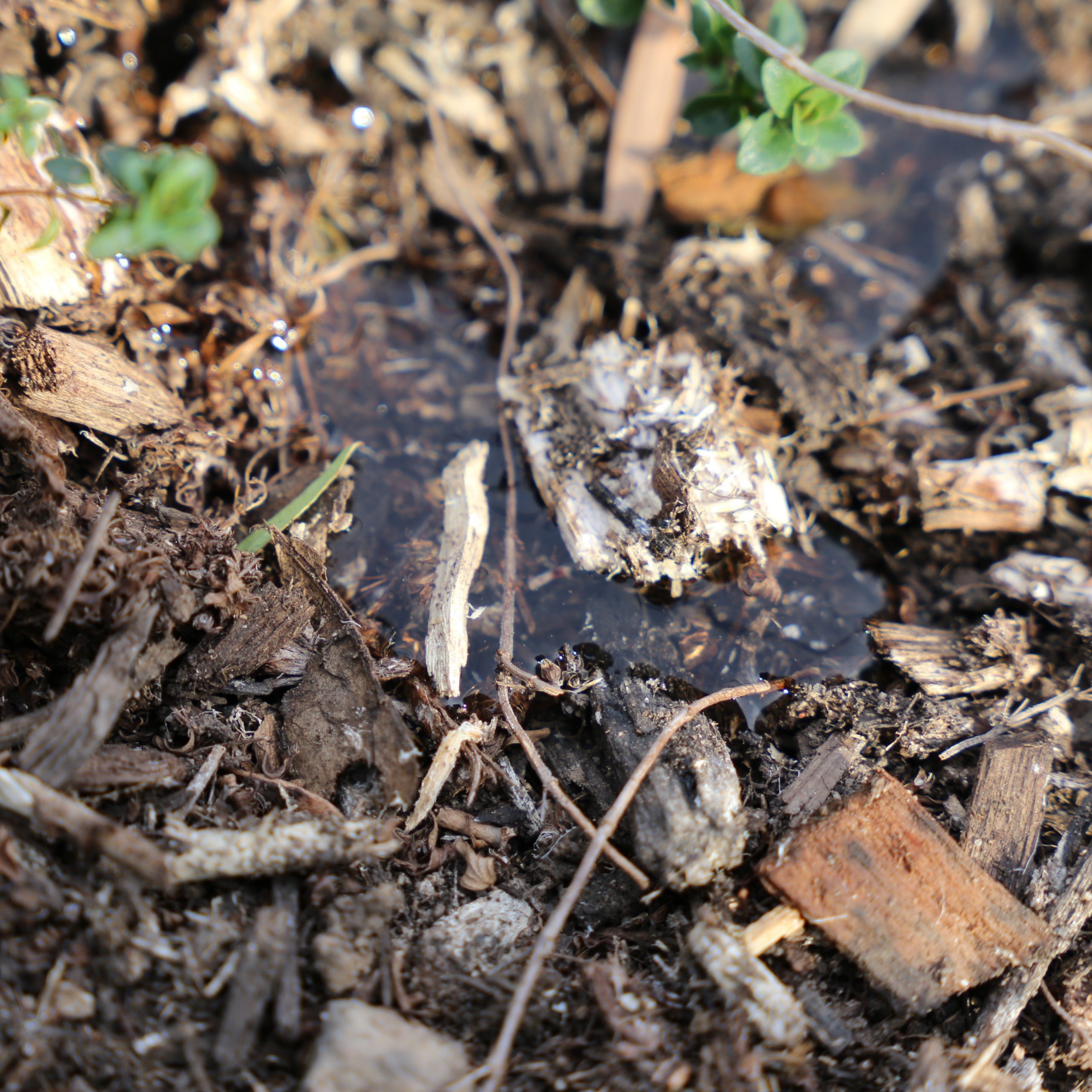
The main thing is to make sure you get the right type for your needs. Whether that is soil enhancing straw mulches or weed suppressing chunky mulches. Shop around until you find what you want. Get it right and your garden will love you for it!
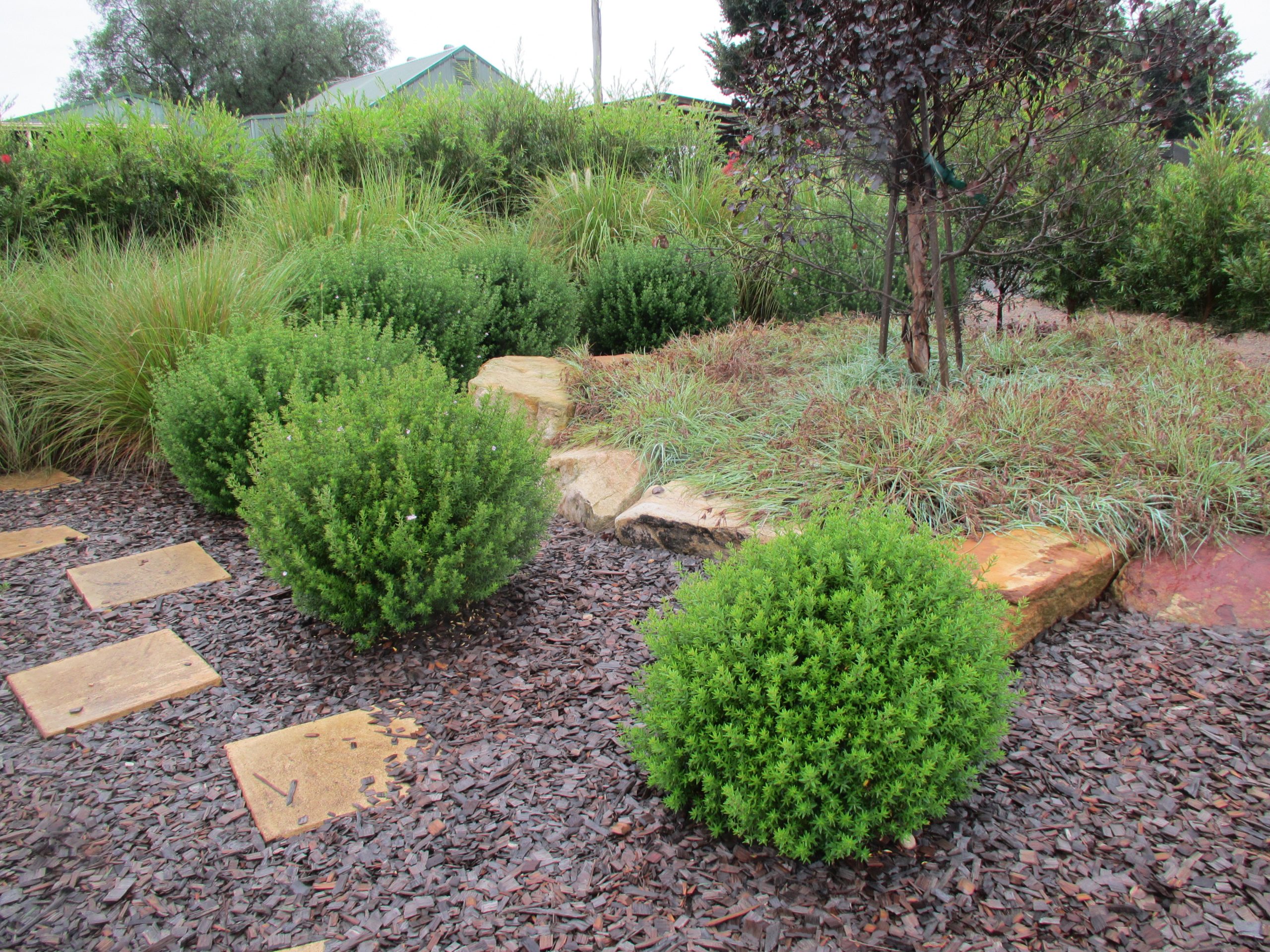

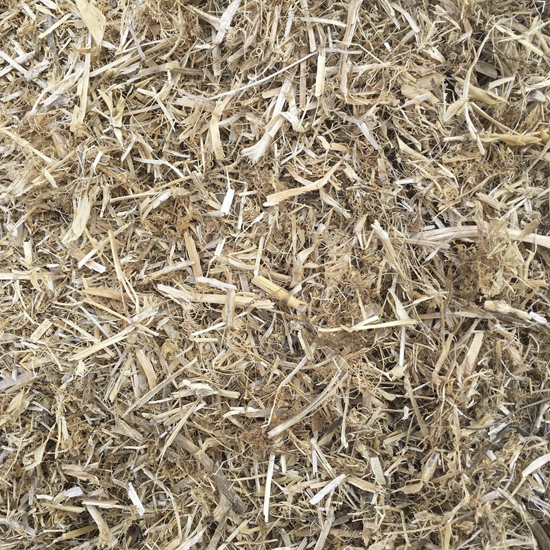
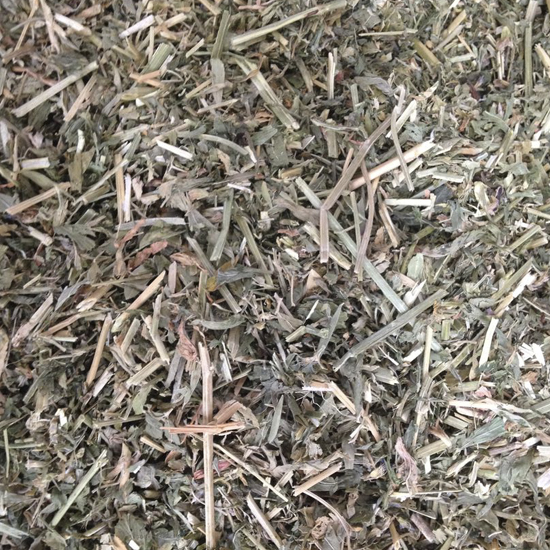

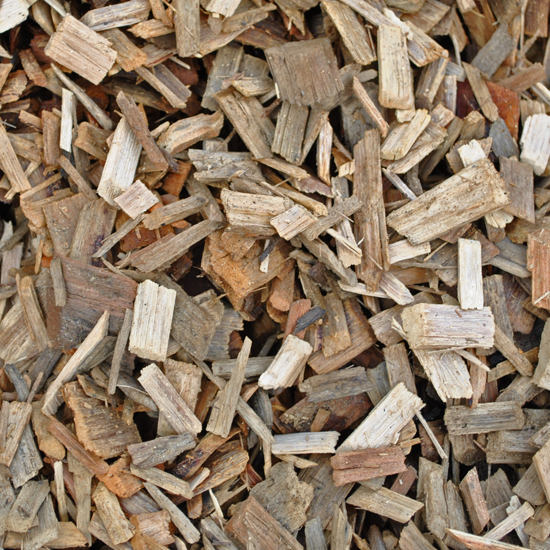
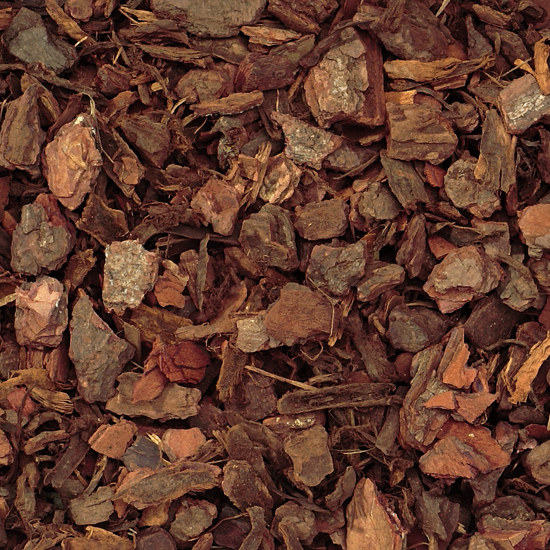

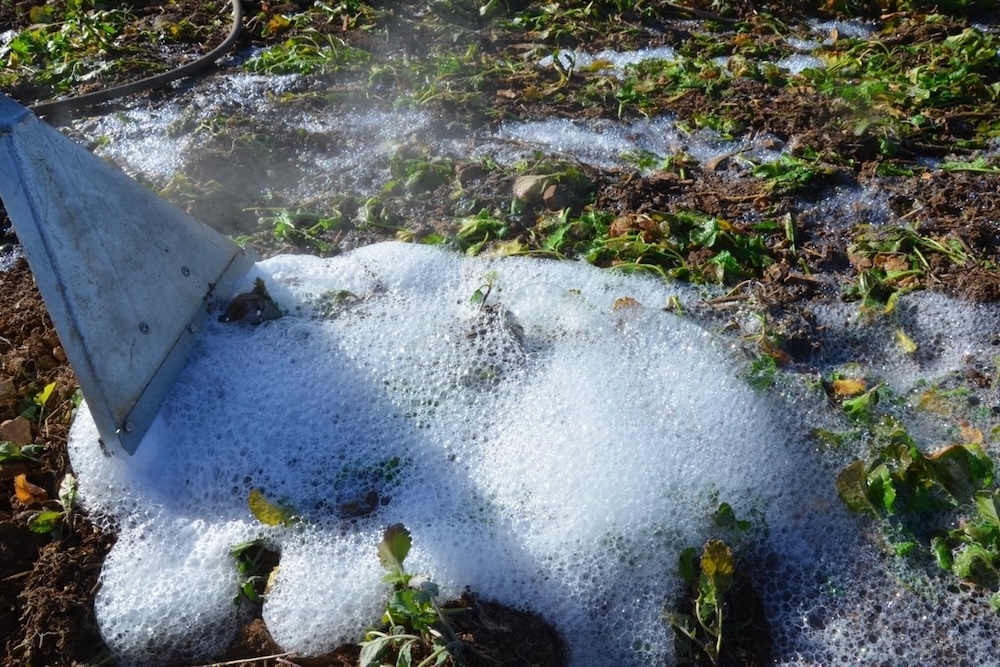
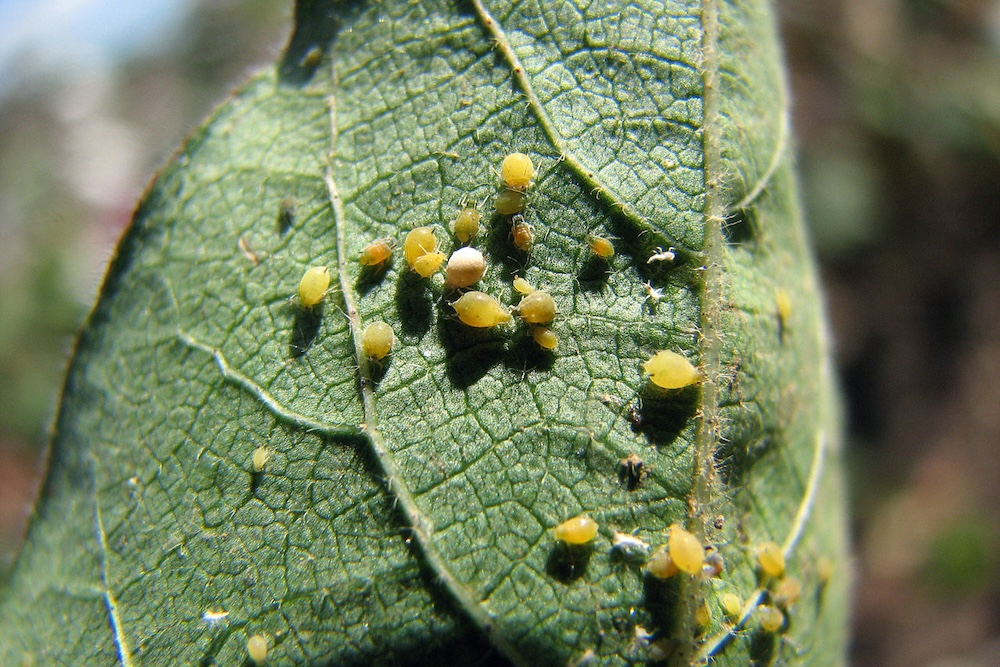
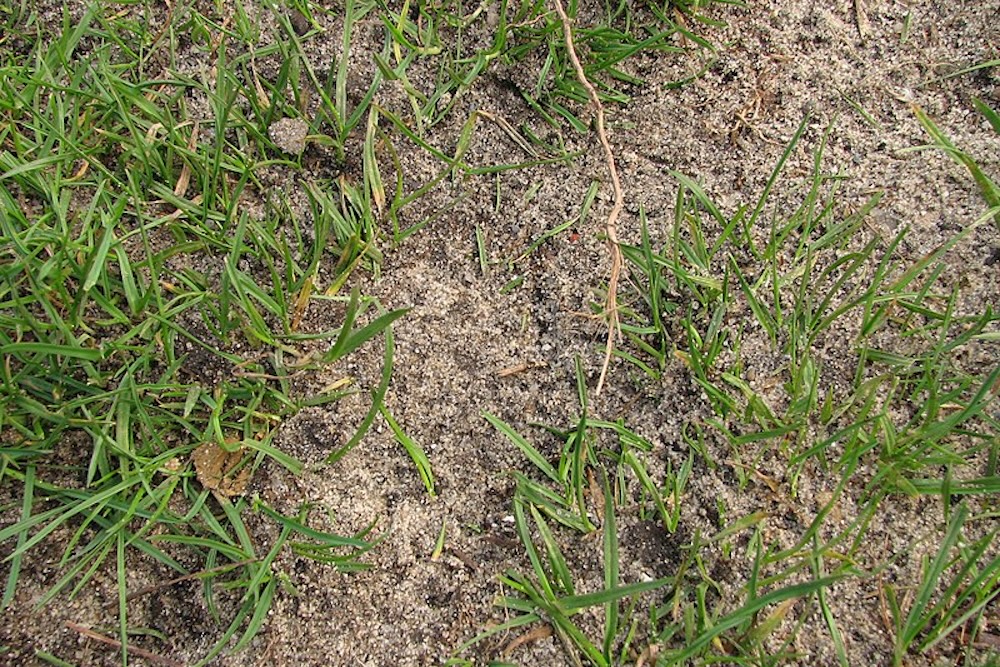
This Post Has 0 Comments